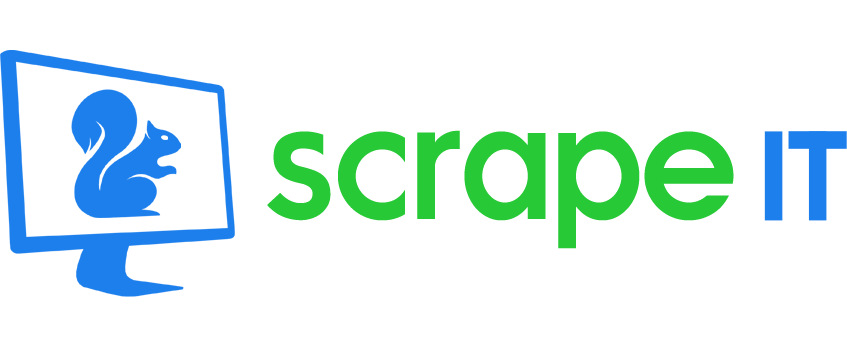In today’s digital world, data is very important, and web scraping has become a useful way to collect information from websites. But with worries about data privacy, copyright issues, and ethics, some people ask: Is web scraping wrong? Let’s clear up this misunderstanding and look at the ethical side of web scraping in our connected world.
Understanding web scraping
At its core, web scraping is the automated process of extracting data from websites. It involves accessing web pages, parsing their HTML content, and extracting relevant information into a structured format. Web scraping enables businesses and individuals to gather insights, monitor competitors, and automate data-driven tasks efficiently.
The ethical debate
The ethical debate surrounding web scraping revolves around several key concerns:
- Data privacy: Web scraping raises questions about the privacy of personal data collected from websites. Scrapers may inadvertently or intentionally access sensitive information, violating users’ privacy rights.
- Copyright infringement: Scraping copyrighted content without permission may infringe upon the intellectual property rights of website owners. This includes text, images, and other creative works protected by copyright law.
- Impact on website performance: Aggressive scraping practices can overload website servers, leading to performance issues and disrupting the user experience for legitimate users.
Ethical Considerations
While web scraping can raise ethical concerns, it is not inherently unethical. Like any tool, it can be used for both ethical and unethical purposes. Ethical web scraping involves:
- Respecting terms of service: Scrapers should obey a site’s terms of service and robots.txt guidelines, respecting any limits on automated access to content.
- Obtaining consent: When scraping copyrighted content, getting permission from website owners is important to follow legal and ethical standards.
- Minimizing harm: Scrapers should minimize the impact on website performance by implementing rate limiting and respecting server load guidelines.
Responsible web scraping practices
To avoid ethical issues and scrape responsibly, practitioners should:
- Be transparent: Clearly disclose the purpose of web scraping and how collected data will be used to users and website owners.
- Respect privacy: Avoid scraping sensitive personal information without consent and implement data anonymization techniques. At Scrape IT, we never scrape personal data—we always prioritize people’s privacy.
- Seek permission: Obtain permission from website owners before scraping copyrighted content or using scraping tools that may impact website performance
In conclusion, web scraping is a powerful tool that can provide valuable insights and drive innovation. While there are ethical concerns, responsible scraping practices can reduce these risks and ensure compliance with legal and ethical standards. By being transparent, obtaining consent, and respecting privacy and intellectual property rights, scrapers can benefit from web scraping while staying ethical. Ultimately, whether web scraping is ethical depends on how it is used and the principles behind it.
For more details, read our privacy policy.

